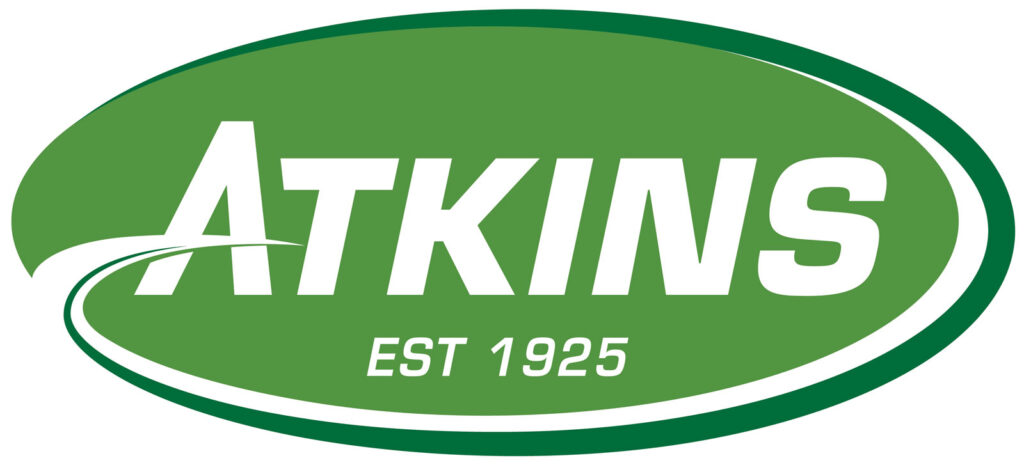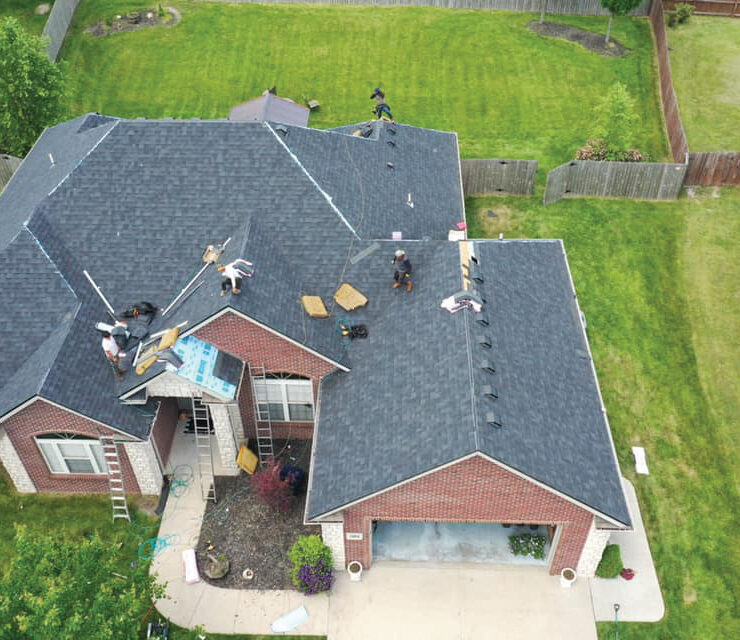Putting on Winter Weight

As soon as the temps started to drop and the days shortened, like a bear, I started to eat more. I doubt it helps me to cope with the coming winter and cold temperatures, but it happens nonetheless. Add to that holiday meals with the family and just spending more time indoors. I know I’m not the only one!
Also like a bear, our lawn and landscape plants are preparing for winter, too. They become a little more, if not entirely, dormant to hibernate through winter. There are some things we can do to help them stay happy and to better survive the colder months.
Mulch
Your more tender garden and perennial plants will need a bit more protection. Mulching over those plants can certainly help by insulating them from the cold, and blowing wind and reducing the frequency to which the soil freezes and thaws around them. This shrinking and swelling of the soil can damage young fleshy root systems. You may even see plants heaved out of the ground entirely.
Mulch can consist of wood chips, pine needles, compost, straw, and other plant-based materials. Don’t smother them though. Add just enough mulch to cover the plants, but still allow for airflow, light, and moisture penetration. Depending on the plant, in the spring the mulch may need to be pulled back to expose the crown (growing point of the plant) to the sun to promote the season’s new growth.
Feeding
A final fertilizer application can be applied to your cool-season lawn to further help it recover from last summer’s drought and heat. Further root development will continue and some of that fertility will carry over to the next season for the spring green up.
Your landscape plants will benefit from some nutrition as well. Dormant feeding (late fall to winter) is ideal. A complete fertilizer with nitrogen, phosphorus, and potassium is okay to use for this. For trees, you want to fertilize out to the drip line of the branches as that is where many of the feeder roots are.
A soil test or even a plant analysis from the Soil and Plant Testing Lab on the Mizzou Campus can point to nutrients your soil and/or plants and lawn areas are lacking. This may be the time to supplement some of the secondary and micro-nutrients (calcium, boron, zinc, manganese, sulfur, iron, copper, molybdenum, chlorine, magnesium, and nickel). You will have to do some research for the best sources of these nutrients and the best rates and timing of applications.
Watering
It depends. New trees should be watered every 10 to 14 days if it is a dry winter. You can do this up until the ground freezes. Watering your lawn typically is not necessary. Don’t forget to disconnect your garden hose from the spigot so the below-freezing temps don’t damage your water line!
Winter desiccation or “winter burn” is something to watch out for on your evergreens. This occurs when soil moisture levels are low, there are freezing temps, and a good amount of wind. The moisture is removed from the tips of the plant faster than it can be replaced so they start to turn yellow/yellow-brown. Damage will be worse on the side of the tree exposed to the sun and the wind. Some plants are more susceptible than others. We often see this issue on boxwood, bayberry, arborvitae, pine, and others. Severe cases cause death to stems, but in general, the plant will resume growth once warmer temps prevail.
If ever you see an issue on your lawn, with your trees, or in your landscape, the Atkins team is here to help. That’s what friends and neighbors do!
It is hard to believe that another year has passed. As Atkins sneaks up on our 100th anniversary, we thank you, our customers and community, for trusting us to help manage and improve properties all over Central Missouri.
From all of us at Atkins — Happy holidays and happy New Year!

A Columbia native, Shaun Henry found a home at Atkins in 2000 when he started his career as a turf technician. Shaun holds a commercial applicator’s license through the Missouri Department of Agriculture and is a member of the National Association of Landscape Professionals, the Mid-America Green Industry Council, and the Missouri Green Industry Alliance. Shaun strongly believes in the importance of a great customer experience where the Atkins staff knows their clients and anticipates their needs accordingly.
Shaun is an MU alumnus and has a degree in plant science.

573-874-5100
AtkinsInc.com








